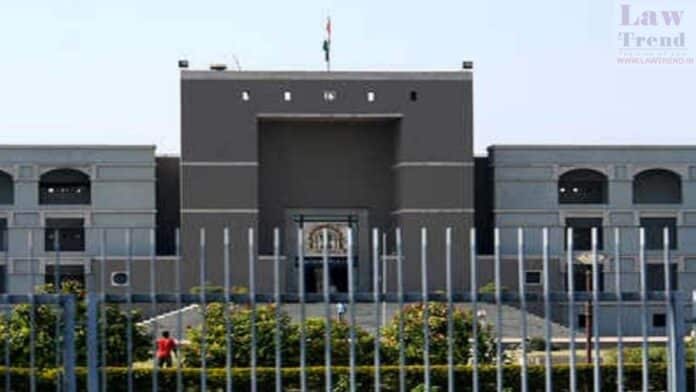The Gujarat High Court has ruled that Section 68 of the Income Tax Act, 1961, is not applicable if the bank statements provided in an assessment case do not contain unexplained amounts. The decision came in the case Amee Mahasukhlal Parekh as Legal Representative of Late Mahasukhlal Navnidhlal Parekh v. Income Tax Officer (R/Special Civil
To Read More Please Subscribe to VIP Membership for Unlimited Access to All the Articles, Download Available Copies of Judgments/Order, Acess to Central/State Bare Acts, Advertisement Free Content, Access to More than 4000 Legal Drafts( Readymade Editable Formats of Suits, Petitions, Writs, Legal Notices, Divorce Petitions, 138 Notices, Bail Applications etc.) in Hindi and English.




